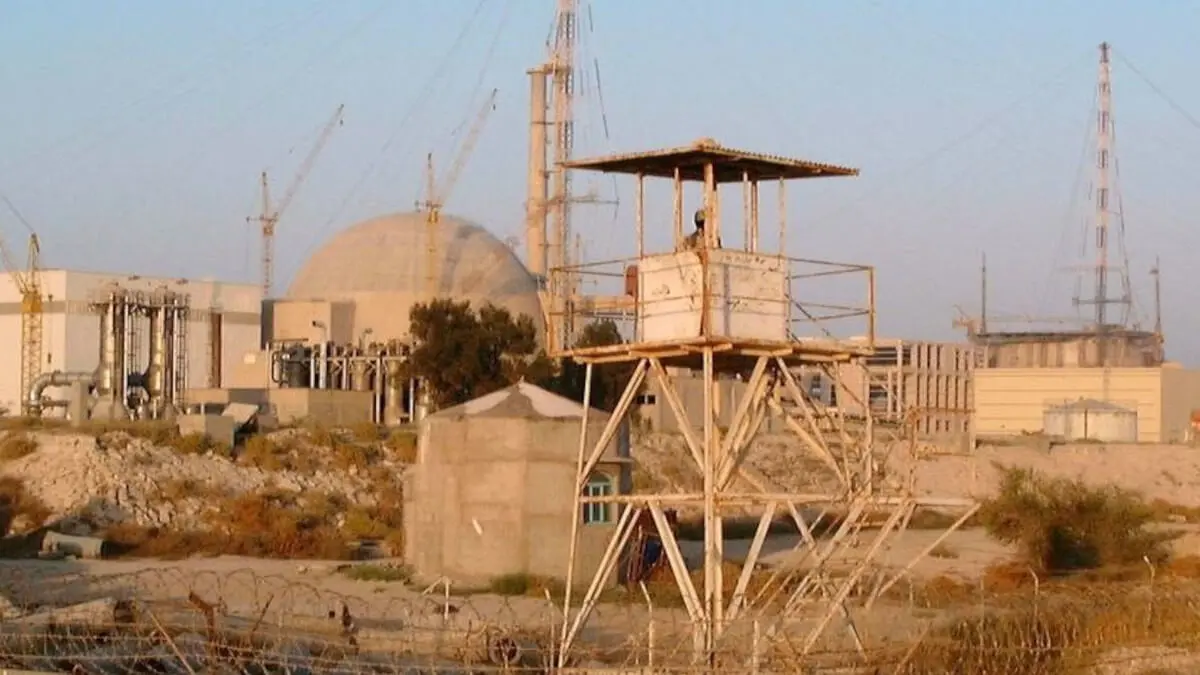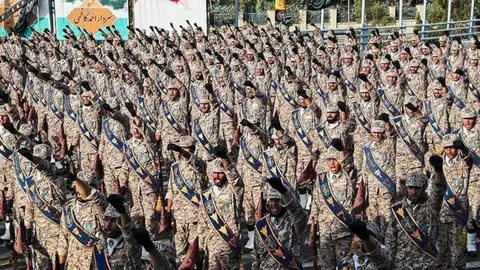Iran's uranium stockpile increases after three years of denial of access

- Ukrainian power plants
- North Korea's nuclear programme
- Japan's Fukushima Daiichi plant
- Nuclear technology for sustainable development
Iran's stockpile of enriched uranium continues to grow, the director general of the UN International Atomic Energy Agency (IAEA), Rafael Grossi, said on Monday, adding that the agency has been denied access to the country for three years.
He said that ‘outstanding safeguards issues must be resolved for the IAEA to be able to vouch that Iran's nuclear programme is exclusively peaceful’, as the withdrawal of the appointments of several IAEA inspectors has not yet been revoked.
Grossi also expressed concern about public statements made in Iran about its technical capability to produce nuclear weapons and possible changes to its nuclear doctrine, which only deepen apprehensions about the ‘correctness and completeness’ of Iran's safeguards declarations.
Ukrainian power plants
On Ukraine, the IAEA chief warned that the situation at the Zaporiyia nuclear power plant ‘remains precarious’ and that all seven pillars of nuclear safety have been ‘fully or partially compromised’.
These pillars include:
- Physical integrity
- Functional safety of systems and equipment and radiation monitoring
- Emergency response
- Safe and reliable off-site power supply
- Trained personnel
- An uninterrupted logistical supply chain
- Open communication
In addition, ‘attacks and frequent disconnection of off-site power lines due to military activity are creating a serious situation,’ Grossi said.
The plant's six reactors have been in cold shutdown since April, a safety measure long recommended by the IAEA. Despite this, the agency's ability to ensure the plant's safety remains compromised due to restricted access, and it reported that Ukraine's four other nuclear power plants continue to face compromised spare parts supply chains and high levels of stress among staff.
North Korea's nuclear programme
The IAEA Director also expressed concern about the continuation and development of the nuclear programme of the Democratic People's Republic of Korea (DPRK).
The IAEA has noted the intermittent discharge of cooling water, consistent with the operation of the light water reactor (LWR) at Yongbyon, along with ongoing activities at the centrifuge enrichment facility.
The Punggye-ri nuclear test site remains occupied and ready to support a new test.
‘The continuation and development of North Korea's nuclear programme is a clear violation of the relevant UN Security Council resolutions and is deeply regrettable,’ Grossi said, urging the country to fully comply with its obligations and to cooperate without delay with the UN agency.

Japan's Fukushima Daiichi plant
In Japan, the IAEA continues to monitor the release of water treated with the Advanced Liquid Processing System from the Fukushima Daiichi nuclear power plant, which suffered a meltdown 13 years ago.
Grossi confirmed that the release is progressing in accordance with the safety plan approved by the Japan Nuclear Regulation Authority.
‘Independent expert analyses of the six batches discharged so far have confirmed that the concentration of tritium in each batch of ALPS-treated water discharged to date is well below Japan's operational limit.’
Nuclear technology for sustainable development
In his concluding remarks, the IAEA director underlined the agency's key role in promoting sustainable development.
‘The IAEA is a crucially important vehicle for promoting sustainable development and international peace and security,’ he said, urging member states to continue to support the Agency's indispensable work.









